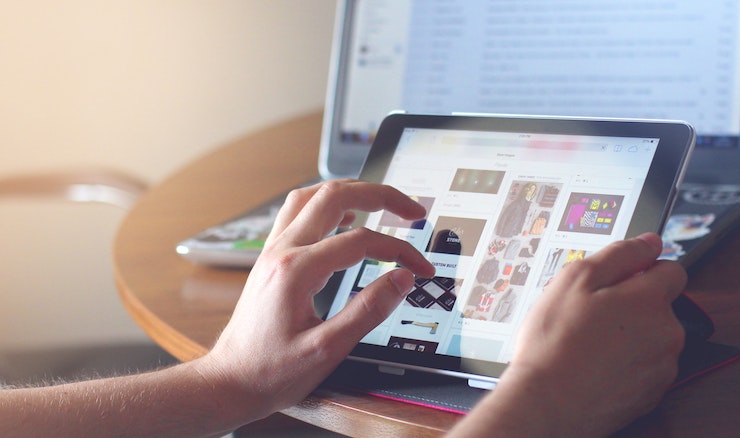
A study made by the association Visión y Vida confirms that the three month confinement we have experienced has had a negative impact on the population’ s visual health. Thus, according to the results of this study, more than half of the population has had their vision worsened, especially young people between 12 and 19 years old and people with early presbyopia, that is, people between 40 and 50 years old.
The study was carried out with the collaboration of 475 people, in addition to almost 2000 questionnaires answered by opticians about the examinations carried out after the confinement. From these interviews and questionnaires it is clear that more than 57% of the citizens have noticed how their vision has worsened after confinement. In particular, 8 out of 10 high school students have noticed a worsening of their sight during the quarantine and 1 out of 10 have started using optical compensation for the first time. For early presbyopes, over 63% say their vision has worsened, over 47% have changed their prescription, and of these, over 4% have started wearing glasses for the first time.
The study has also analyzed how the rise in the use of screens, whether mobile, tablets or televisions, during confinement has favored these numbers. In fact, Dr. Jürgens, medical director of ICR and head of the Retina and Vitreous Department, warned the first days of April about the impact that confinement and the increased use of screens could have on vision. As the doctor explained, when we use these devices what we are doing is using the close vision and this produces a greater effort to focus, in addition to increasing the risk of the ocular surface drying out due to decreased lighting and less blinking.
In order to reduce these risks, Dr. Jürgens recommended following the 20-20-20 rule, according to which you should look up every 20 minutes for 20 seconds and stare at a minimum distance of about 20 feet (equivalent to 6 meters). So, we must remember to take these breaks, look from a distance and work in good lighting, otherwise the pupil dilates, the focusing capacity is less and we have to make a greater effort to accommodate. Also, now that we can leave the house, we should take advantage of this to reduce screen time and do more outdoor activities.
If during your confinement you have also experienced changes in your vision, it is important that you have your eyes checked in order to adjust the optical correction to the new situation and, if no correction is used, to assess the need for its use.
Contact us or request an appointment with our medical team.